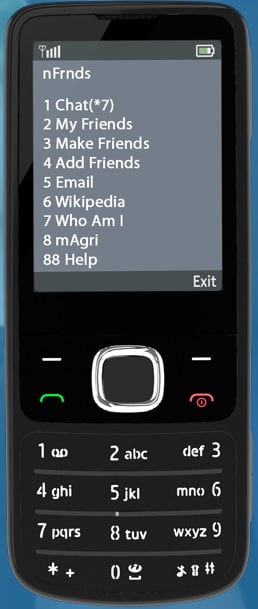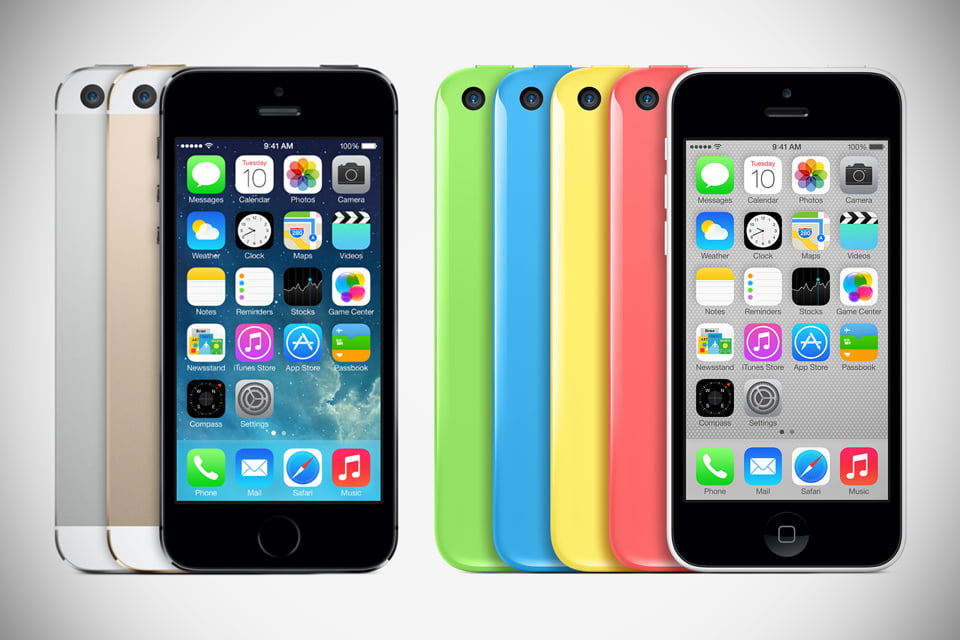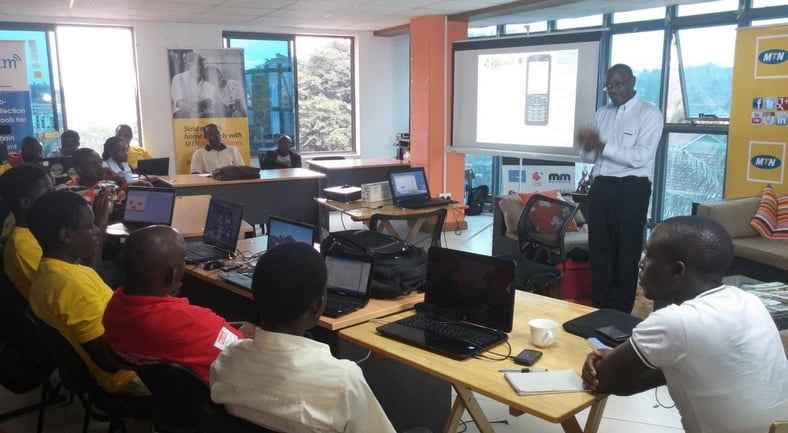There are 6.8 billion active mobile phones on earth, but less than a quarter of them are smartphones, according to the United Nations Telecommunication Union. The rest – roughly 5 billion devices – are simple mobile phones, with no email or web browser, not to mention other mobile applications. Now, millions of ‘dumb’ phones are about to get a facelift that will make them infinitely smarter.
nFrnds, originally founded in Israel as VascoDe Technologies, has developed a solution that enables people with any type of mobile phone to connect with the digital world. nFrnds, which last year partnered with Microsoft on cloud computing, digitally connects those who were previously disconnected from the digital world.
Without using mobile data like a typical smartphone, a simple phone equipped with nFrnds’ mobile “operating system” is able to use several different “apps,” such as email, chat and Wikipedia. Since the service does not require mobile data, accessibility is wide. “We are trying to connect the unconnected,” Dorron Mottes, CEO of nFrnds, tells NoCamels.
Teaming up with mobile operators in 20 African countries

Users of nFrnds’ platform pay only $1 a month, which makes it affordable for clients in emerging markets. nFrnds first launched in Africa under the name VascoDe in 2009, and has spread to Southeast Asia over the past year. Currently, the company is working with local mobile operators in roughly 20 countries in Africa.
The process is simple. nFrnds teams up with local service providers which help deliver the platform to phones over their network. nFrnds then splits the monthly service fee with the cellular provider. With no installation needed on a user’s phone, the platform is ideal for areas without easy access to the Internet.
The platform that nFrnds uses is called USSD (Unstructured Supplementary Service Data), which works by letting users send and receive information from their simple phones. USSD is a text-based platform, much like SMS, which simple mobile phones are capable of processing. The company has developed many apps for this platform – such as My Friends (group chat), Email, Wikipedia and mAgri (for farmers) – that are accessible on simple phones, which outnumber smartphones almost four to one across the globe.
SEE ALSO: Hoozin: Taking Group Messaging To the Next Level
Sign up for our free weekly newsletter
SubscribemAgri, for example, is a “dumb” phone solution for agriculture management. “We provide farmers with the most important digital interactions they need,” Mottes says. Farmers are able to keep track of their crops and even use the platform as a marketplace to find customers.
nFrnds is currently working with end users and cell phone providers – in countries such as Kenya, South Africa, and Nigeria – to decide what applications nFrnds can further develop. Over the past six years, nFrnds has provided its platform to hundreds of thousands of simple mobile phone users across Africa.
Working with Microsoft to improve people’s lives
nFrnds has partnered with software giant Microsoft to form a new platform that will enable the Israeli startup to expand its services more efficiently into new markets through Microsoft’s Azure cloud platform, according to a Microsoft statement. This strategic partnership also provides nFrnds with more market knowledge. nFrnds will begin making use of Microsoft’s cloud platform, Azure, in the coming months.
Officials from nFrnds regularly conduct lectures and workshops in Africa to train cellular phone users to use the company’s platform. In September of last year, for example, nFrnds, Microsoft and local innovation hub Buni, held a workshop in Tanzania to showcase cellular solutions that could improve people’s lives. “In Tanzania, unfortunately, there are many problems. Just choose one problem, provide a solution, and you will be very successful,” Jumanne Mtambalike, Buni’s co-manager, said in a statement.
Apparently, nFrnds could tap into a huge market. With the company’s further expansion into Southeast Asia in countries like Indonesia, Mottes hopes to reach one million users this year.
SEE ALSO: Award-Winning NGO Brings Israeli Innovation To Africa
Photos and video courtesy of VascoDe Technologies
Related posts

Editors’ & Readers’ Choice: 10 Favorite NoCamels Articles

Forward Facing: What Does The Future Hold For Israeli High-Tech?

Impact Innovation: Israeli Startups That Could Shape Our Future





Facebook comments